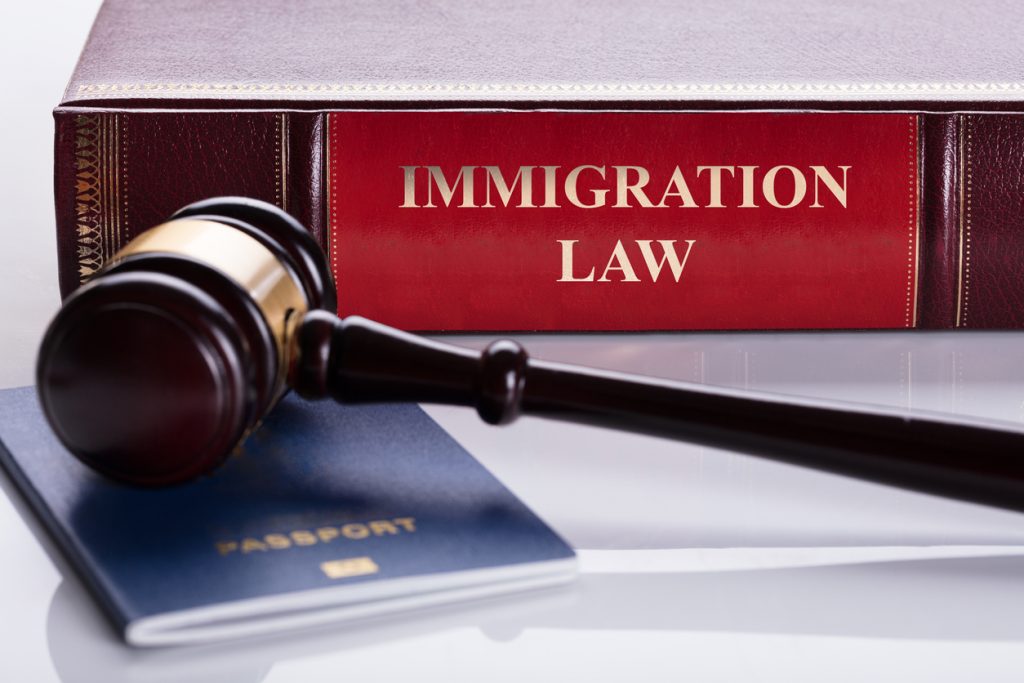What Is an Immigration Lawyer?

Immigration lawyer refers to the legal codes, laws, and precedents governing the immigration of persons into a particular country, as well as the deportation of such persons. In terms of the latter, it is usually confused with citizenship and naturalization, but they are really quite different things. For example, a naturalized person is considered an alien in a country, while an immigrant is regarded as a person coming to a foreign country for the purpose of living permanently.
A good immigration lawyer can explain the differences between these two. The main function of an immigration lawyer is to guide a person on whether he or she is eligible for immigration under the laws of the country, as well as the kind of visas that will be required. The lawyer can also help an applicant for naturalization in gaining citizenship.
Immigration law has a long and complicated history. It has evolved through time and changes due to developments within the law. However, the basic concept remains the same. In general, the attorney will represent a person who wants to immigrate to a particular country or at least is in the process of doing so. In some cases, the attorney may be the one who will represent the person during all immigration procedures.
Generally, the immigration lawyer will be one who practices in the field of law. He or she must have an academic background in law and should possess extensive knowledge about immigration laws. Aside from this, the lawyer must have enough skill in communicating with the government officials regarding immigration related issues.
Generally, a migration lawyer is someone who represents immigrants or persons who are planning to immigrate to a foreign country. This person can also be called upon if a person is accused of violating any immigration laws. A good immigration lawyer can assist an applicant for naturalization in gaining citizenship after he or she is granted citizenship under the law of the country where he or she resides.
It is important that an immigration lawyer is a person who is well-versed in the laws and customs of a country, not just the laws relating to immigration. In other words, the lawyer must know the legal system of a particular country and its courts. As he or she understands the local language, this person is well-equipped to present legal arguments to his or her clients concerning immigration laws.
Immigration lawyers are not just attorneys who practice in immigration law. They may also act as advocates. They are the ones who will defend immigrants in a court of law, especially those facing deportation or back-to-parlament hearings. proceedings.
Before hiring an immigration lawyer, an applicant must find out whether he or she is eligible for immigration under the immigration law of the country where he or she resides. To do this, an application must be submitted to an office of the Department of Homeland Security. In addition, the applicant must show proof of having the necessary credentials and a complete set of documents like marriage and birth certificates, work permit, as well as documents from previous addresses in the United States.
The fee charged by a migration lawyer is generally determined by the complexity of the case. Usually, immigration lawyers charge depending on the number of cases they have represented, the length of the legal proceedings, and the amount of experience they have in the field. Generally, it is a fixed fee for every case.
In addition to being an immigration lawyer, a migration lawyer is an expert in the field of law. He or she can make use of a specific set of skills in the field and can use this set of skills to help an applicant. prepare and present documents to immigration authorities. In some cases, the lawyer may also work as an attorney in a private law firm.
Another function of the lawyer’s job is to represent the interests of the client. An attorney can provide sound legal advice to immigrants concerning their applications for naturalization.
An attorney can also assist immigrants in determining their eligibility for immigration based on their age, gender, status, and nationality. He or she can help them acquire the requisite documents, such as certificates of nationality and birth, which would enable them to become eligible for legal residency in the country they wish to live in.
